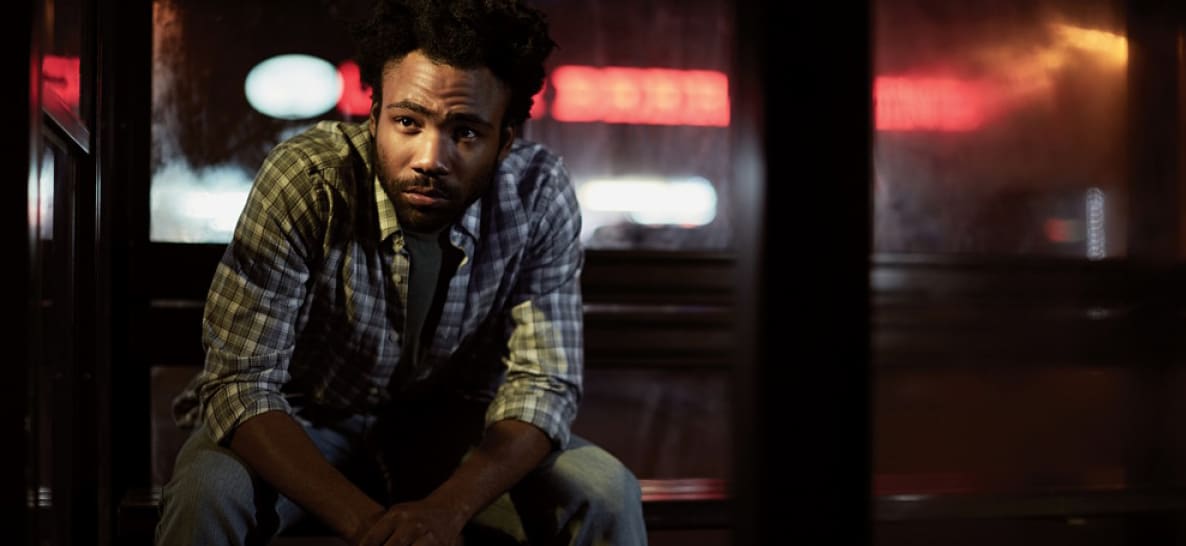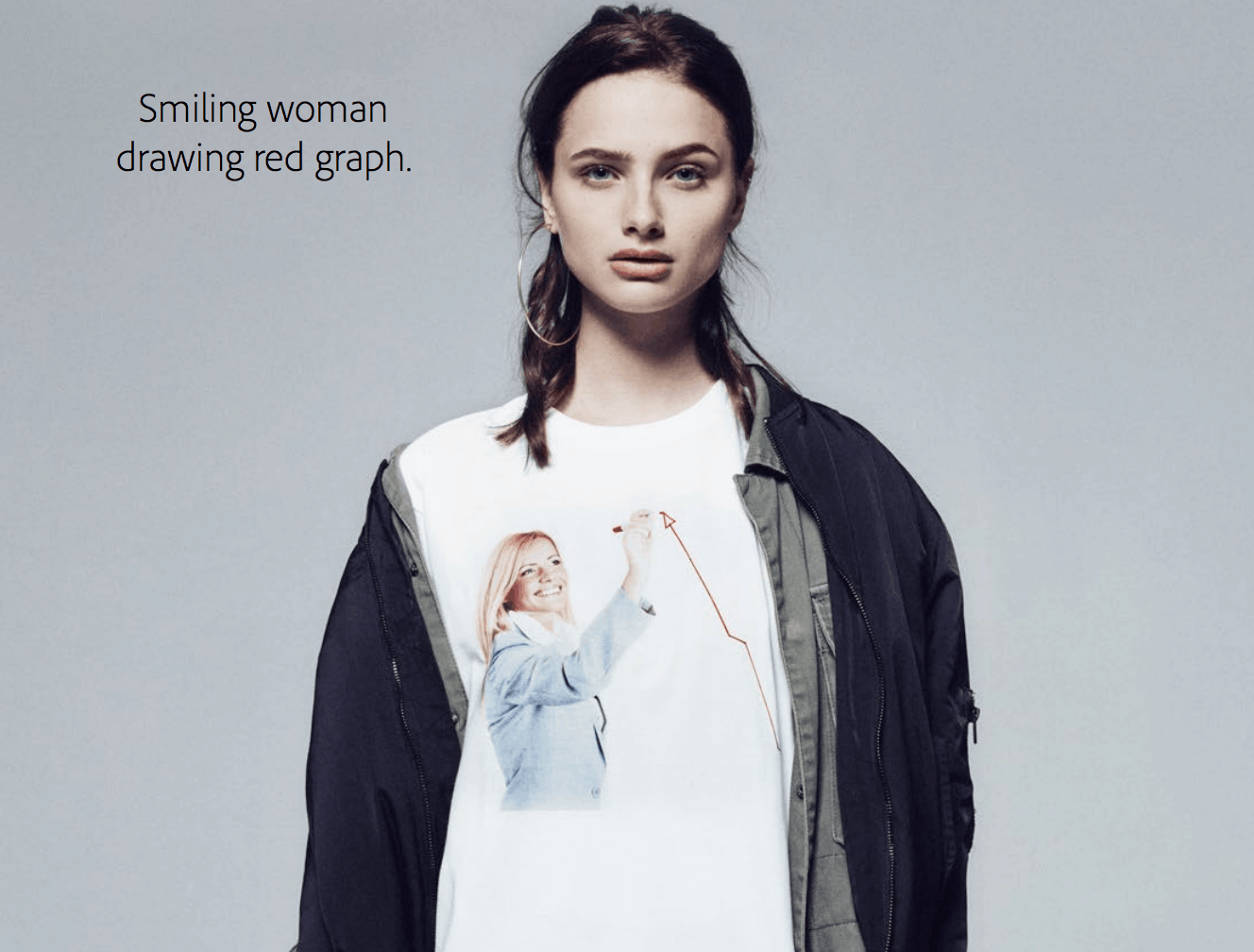
After just three episodes, Donald Glover’s Atlanta (FX) has proven to be a show, like most great television, that finds a way to defy easy categorization and exist as something completely unique.
Atlanta offers its voice from inside the segregated African-American south; a world full of the tensions and harsh realities that have risen to national consciousness with growing frequency since the events of Ferguson, yet a world that has largely been void from American scripted TV.
In the show, main character Earnest “Earn” Marks (Glover) seeks to both be a responsible father and fulfill his dream at the same time by managing the career of his cousin and local rising rapper Alfred “Paper Boi” Miles (Brian Tyree Henry). It’s clear from the start that Earnest is not “of the streets” like his cousin, but he’s familiar enough to try and navigate them, and he quickly becomes involved in a series of events that tie him to a shooting, drug arrest and a visit to prison.
Through all of this, Glover, the charismatic proxy for the audience, allows all viewers who enter on his journey to feel welcome as the show consistently finds humor in the absurdities and hypocrisies of a system that so often preys on those who look like Earnest.
And while shows like The Wire and more recently The Night Of have taken us inside the systems that weigh on America’s minority communities, never has a genre-defying half-hour comedy that dabbles in surrealism been the vehicle for exploring these environments.
Atlanta is really funny.
Almost every scene provides laughs thanks to its fully formed and ever amusing characters, perhaps none more exemplified than “Darius” played by Keith Stanfield (Straight Outta Compton, Selma) who offers an endlessly nuanced performance as the pseudo-philosophical hypeman to Paper Boi, constantly dropping scene stopping non-sequiturs.
Even with the constant humor, Atlanta has found a way to inform and entertain in equal doses.
The show allows itself the opportunity to take pause and observe its surrounding because wherever the camera turns, we’re witnessing something rarely seen on the small-screen: an honest and humor-filled depiction of the black experience in America.
A quick scan of FX’s recent comedy programming, Louie, Baskets, Wilfred, The League, It’s Always Sunny in Philadelphia, and it’s easy to see why the network has become known as a basic cable home for risk-taking, artistic freedom.
Yet this lineup also shows that in the most healthy of artistic environments how pervasive the pattern of white male dominance is in television. And, even as the industry recognizes the issue, to this point the company line of most networks has been to create shows with a token diversity, where a variety of skin colors are equally represented and fit inside a homogeneous universe.
However, with the immediate success of Atlanta (the most watched comedy cable debut since Inside Amy Schumer) as well new shows like Ava Duvernay’s Queen Sugar (OWN), we’re now witnessing a step toward diverse voices given freedom to tell the stories only then can tell which will hopefully serve as a gateway to creating television that leads to a truer reflection of the America in which we all live.






















